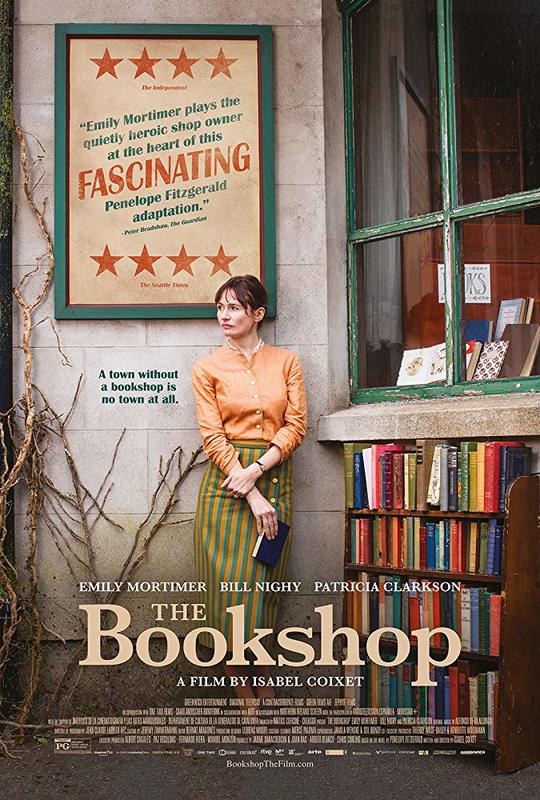
Green purchases Old House, which is, as the name suggests, one of the town’s oldest buildings. It’s damp and leaky and possibly haunted (a fact which remains in the background, but give Fitzgerald moments to display her humor: “The house agent was in no way legally bound to mention the poltergeist, though he perhaps alluded to it in the phrase unusual period atmosphere.”). Nevertheless, after many sleepless nights of indecision, Mrs. She had a kind heart, though that is not of much use when it comes to the matter of self-preservation.

Green is attempting to “make it clear herself, and possibly to others, that she existed in her own right,” since she had been living on the little money her husband left her when he died. So we come to that passage above thinking - at least I did - that this focus on survival was necessary and, perhaps, noble. However, through the rest of this short, brilliant novel, Fitzgerald shows that the way this small community survives is through a form of social warfare as sensible as king of the mountain. Here is one of Fitzgerald’s earliest descriptions of Mrs. Survival was often considered all that could be asked in the cold and clear East Anglian air. Kill or cure, the inhabitants thought - either a long old age, or immediate consignment to the salty turf of the churchyard.Īs dismal as that sentiment is, one might simply pass over it because Fitzgerald’s writing is dense and, strangely, urgent. Furthermore, this line is couched in a paragraph about how Mrs. Like Offshore, The Bookshop is a fine look into a small, somewhat isolated community. In this case we are in the town of Hardborough, a seaside town in Eastern England that doesn’t have a bookshop. In 1959, Florence Green is hoping to change that and make a success of one. In a great display of precision and control, the first couple of paragraphs set up the novel and its theme of survival. The Bookshop was her second book and her first Booker finalist. I think I liked it even more than Offshore, which is saying quite a bit.


The Bookshop by Penelope Fitzgerald (1978) Mariner Books (1997) 123 ppĪfter I read Penelope Fitzgerald’s Booker-winning Offshore, I realized I would have to read every book she published in that short but prolific burst of energy she displayed in the last twenty years of her life. I still can’t get over it: her first four books in four years (including the Booker winner and a Booker finalist), with the next five coming in the next fifteen years (including two more Booker finalists and one - The Blue Flower - which a Booker judge regrets was never submitted and so was passed up).


 0 kommentar(er)
0 kommentar(er)
